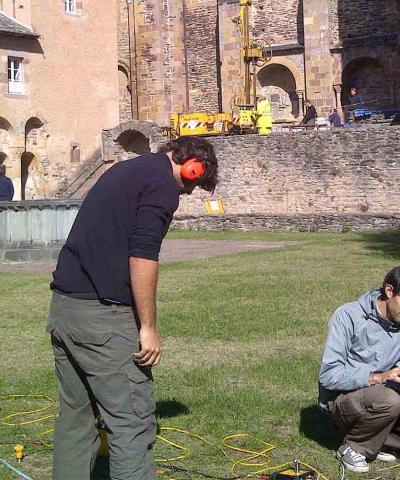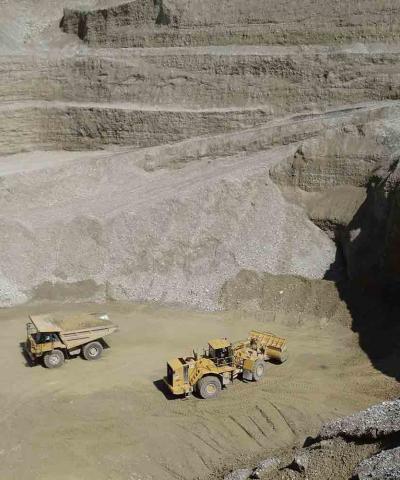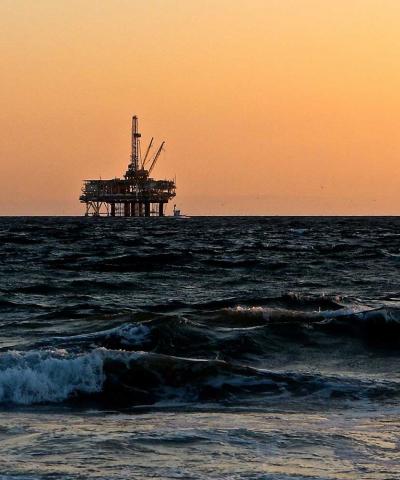The Hydrogeology and Industrial Risks program is intended in particular for students interested in the environment, and more particularly in water resources (groundwater) and their protection against pollution from industrial activities.
As an expert in groundwater and its functioning, the hydrogeological engineer's mission is to ensure the security of water supply by discovering new reserves and protecting water catchments.
This course also trains you to diagnose environmental risks linked to industrial activity or waste storage, as well as to methods of site clean-up.
This course is based on visits to industrial sites and the creation of a concrete case study.
Practical information
Training: BSc +MSc program in Geosciences and Environment
Duration of the course: 2 years
Training location: Beauvais campus
Details of the courses
1st semester
UE Hydrogeophysics applied to the environment (6 ECTS credits)
- Quantitative hydrogeology
- Hydrogeological application: symposium and congress
- Subsurface geophysics
- Geophysics applied to the environment
UE Project management (6 ECTS credits)
- Budget management
- Project management
- Business intelligence and strategic watch
UE Human and Social Sciences (6 ECTS credits)
- English with specific objectives
- Personal development and creativity
- Team management
- Scientific communication
UE Internship - Technical part (9 ECTS credits)
- Internship - technical part : oral
- Internship - technical part : report
- Internship - technical part : company evaluation
UE Internship - Company part (3 ECTS credits)
- Internship - company part : oral
- Internship - company part : report
Upgrading (for students entering UniLaSalle in 4th year)
- Geological refresher course
- Computer science refresher course
2nd semester
UE Hydrogeological field (6 ECTS credits)
- Hydrogeological and geophysical field campaign
UE Environment (6 ECTS credits)
- Environment
UE Business and management (6 ECTS credits)
- Economics and budget management
- English for current events and specialties
- Management and companies
UE Field school Field prospecting management (6 ECTS credits)
- Field school Management of field prospection
Optional EU (6 ECTS credits)
- Research - deepening
- Entrepreneurship 1 - Exploring
- Entrepreneurship 2 - Experimenting
- Entrepreneurship 3 - Testing
- Digital geology: Big data
- Digital geology : Drone and photogrammetry
- Digital geology : GIS and Python
- Ocean and atmosphere dynamics / Paleoclimates
- Sustainable development of mineral resources
- Erosion and transport
- New energies and geothermal energy
- Offshore Geohazards and Geotechnics
- Pedology and Soil Quality
3rd semester
EU Environment and polluted sites (6 ECTS credits)
- Evaluation of health risks
- Polluted sites and soils
- Industrial environment
EU Modeling and transport (8 ECTS credits)
- Protection of drinking water catchments
- Hydrogeological modeling
- Hydrogeophysics
- Mass and energy transport in porous media
UE Collective or personal project (12 ECTS credits)
- Collective project Hydrogeology
4th semester - final internship
- Internship (6 months)
- Writing of the geological engineer's thesis (9 ECTS credits)
- Geological engineer thesis defense (9 ECTS credits)



